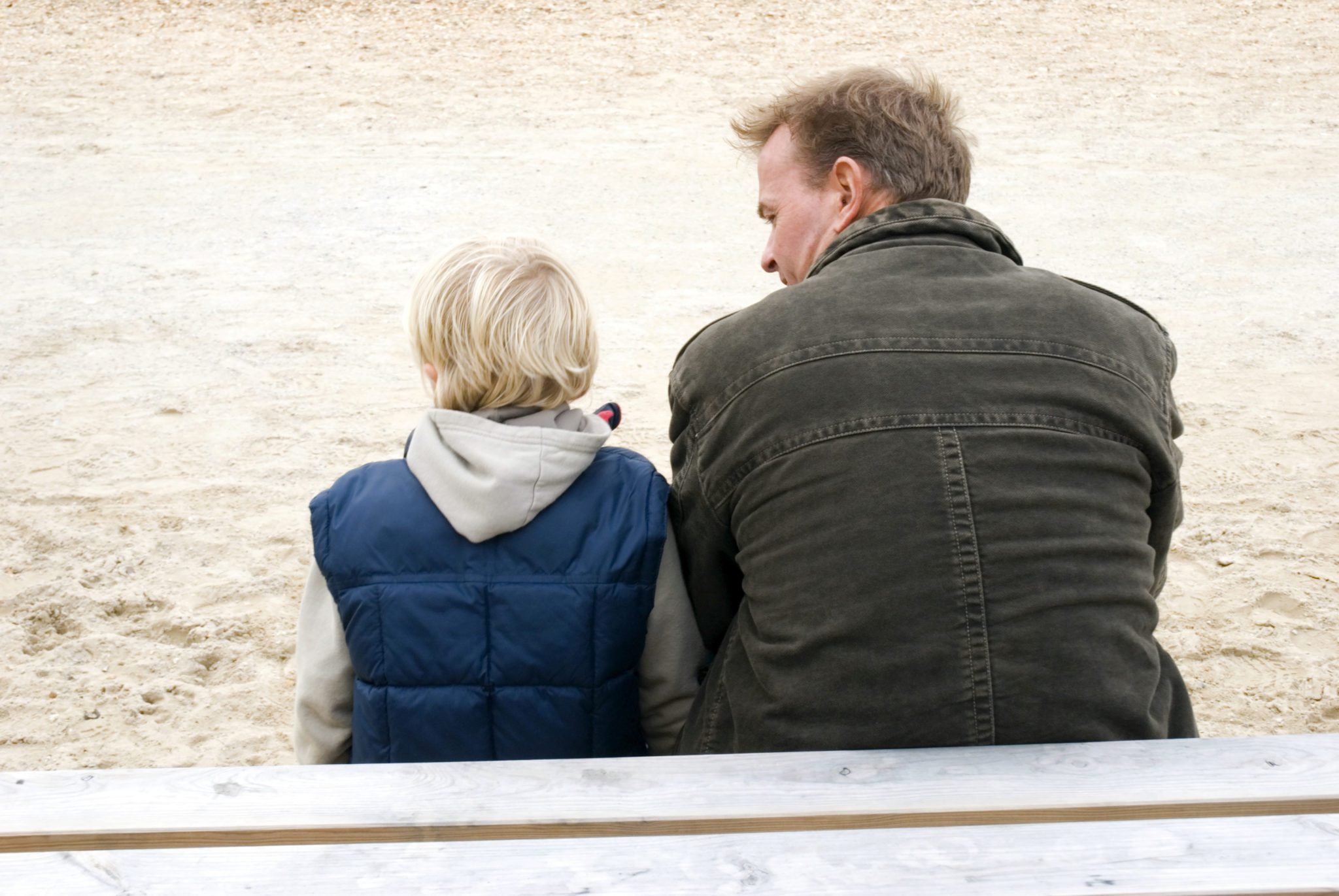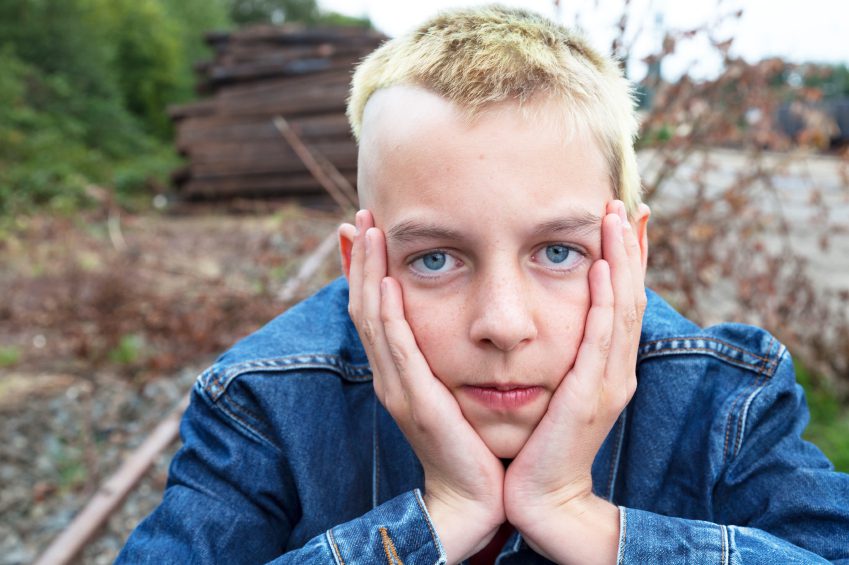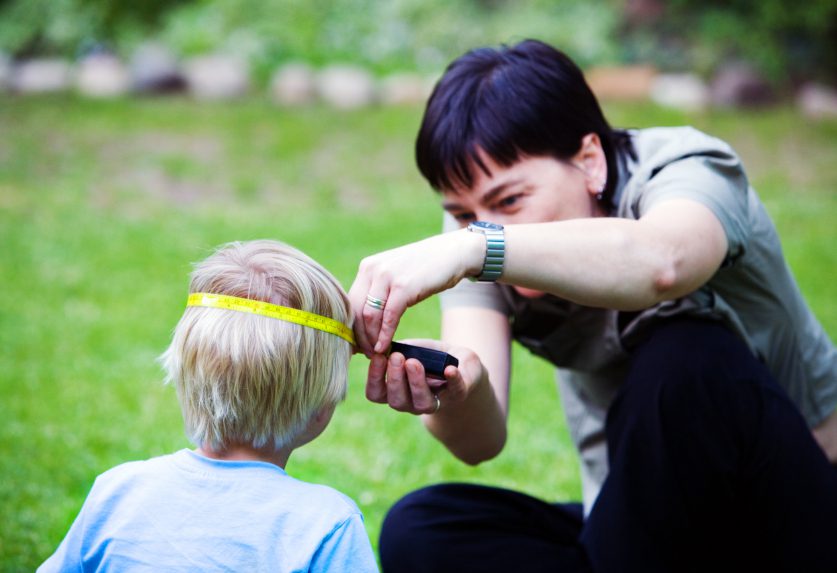Articles containing: adolescents
The Developmental Challenges Of Middle School: It’s Not So Much Who You Are, But Whom You’re With

Let’s talk about middle school.
How To Speak With Children About the Anniversary of the Boston Marathon Bombing

In these weeks leading up to the 2014 Boston Marathon, we are collectively hearing about a range of reactions to the many reminders of the event’s significance. Some are feeling distressed, perhaps from listening to the widespread media coverage discussed in our previous post.
The Adolescent Brain: Primed for Thrills and High On Life

Teenagers are convinced they are ready to take the reins, no longer wanting to be held back by overly-cautious adults who don’t really ‘get it,’ who don’t understand the urgency of whatever situation is brewing at that moment.
Are Teenagers Responsible?

Ask any parent of a teen whether his or her child is responsible, and a wry smile will appear.
If you could see the internal images and memories behind that smile, they would look like this: wet towels on the floor, a car left without gas on a workday morning, a forgotten homework assignment, a broken curfew.
What Is The Developing Brain?

There’s been a lot in the news about the “developing brain.”
It might seem silly that we get all excited about the fact that the brain develops. Of course it develops, you might argue. Kids grow up. They learn things. They get more coordinated, more sly, more…well…grown.
Can My Teen Be My Confidant?

It’s awfully hard to figure out if your teenager is grown up. That’s largely because it’s awfully hard for your teen to decide.
What If My Child Is Suicidal?

We’ve begun many of these posts with stories. We’re not going to do that with this post. When a child takes his or her life, we don’t need to make the post personal. The loss of a child to suicide is necessarily tragic, and deeply disturbing.



